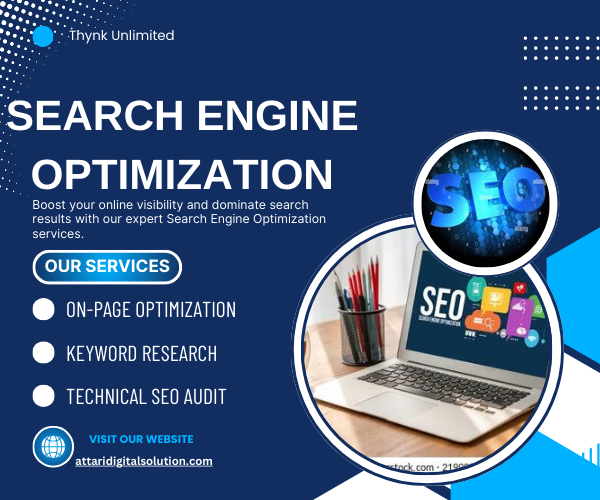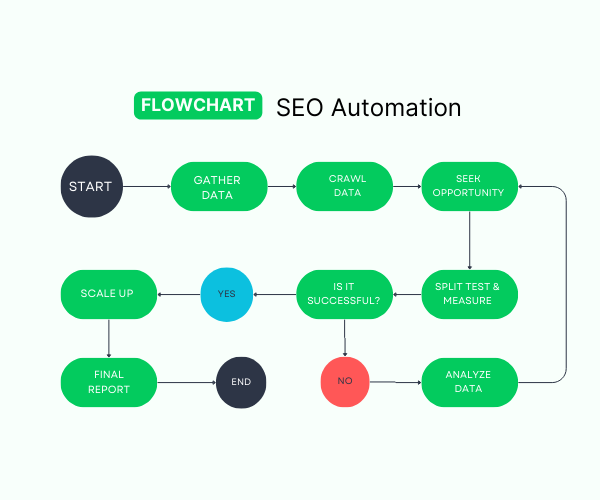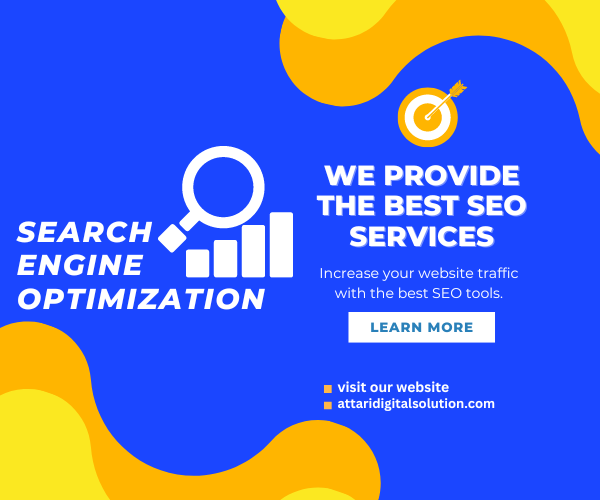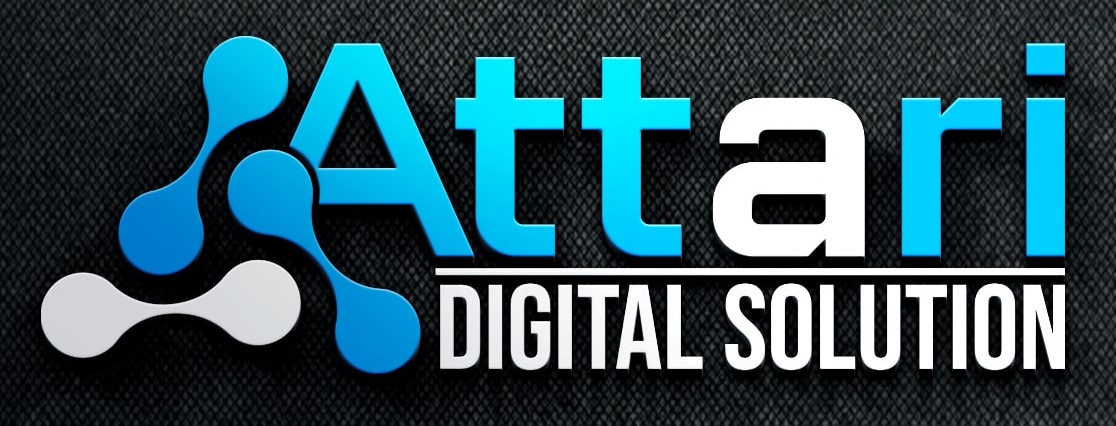
SEO, or Search Engine Optimization, is a crucial aspect of digital marketing aimed at improving a website’s visibility and ranking on search engine results pages (SERPs). By strategically optimizing various elements of a website, such as content, keywords, and technical aspects, SEO endeavors to attract organic traffic and enhance user engagement. Effective SEO practices involve thorough keyword research to understand user intent and optimize content accordingly. Additionally, on-page optimization involves optimizing meta tags, headings, and images, while off-page strategies focus on building quality backlinks and enhancing online reputation. Technical SEO ensures that the website is easily accessible and navigable by search engine bots, thereby improving crawlability and indexing. Overall, investing in SEO is essential for businesses looking to establish a strong online presence, attract more visitors, and ultimately achieve their marketing objectives in the competitive digital landscape.
Unveiling Content SEO Services: A Concise Overview
In the realm of digital marketing, Content SEO services are pivotal for enhancing online visibility and driving organic traffic. These services encompass keyword research, content creation, on-page optimization, and off-page promotion to align content with search engine algorithms and user intent.
Key Components:
- Keyword Research: Identifying high-potential keywords using tools like Google Keyword Planner, SEMrush, or Ahrefs to inform content creation.
- Content Creation and Optimization: Crafting compelling content while integrating relevant keywords naturally and optimizing on-page elements like title tags and meta descriptions.
- On-Page SEO Techniques: Optimizing URL structures, internal linking, and ensuring mobile responsiveness to improve crawlability and indexability.
- Off-Page SEO Strategies: Building backlinks through link building, guest blogging, and social media promotion to enhance website authority and credibility.
Role of CMS:
Content Management Systems like WordPress offer SEO-friendly features, simplifying content optimization and management for businesses of all sizes.
Harnessing Data and Analytics:
Leveraging analytics tools such as Google Analytics and Google Search Console provides valuable insights for refining content strategy and making data-driven decisions.
Future Outlook:
Adapting to emerging trends such as voice search and AI-driven optimization is crucial for staying ahead in the dynamic landscape of content SEO.
Conclusion:
Content SEO services are indispensable for maximizing online presence and engaging with target audiences effectively. By embracing best practices and leveraging cutting-edge technologies, businesses can unlock the full potential of their content and achieve sustained success in the digital arena.
This condensed version offers a succinct overview of content SEO services, highlighting key components and emphasizing the importance of adaptation to emerging trends for long-term success.

SEO: Enhancing Online Visibility
In the digital landscape, SEO (Search Engine Optimization) plays a pivotal role in optimizing websites for better visibility on search engines. SEO encompasses various strategies aimed at improving website performance and ranking on search engine results pages (SERPs).
Why SEO Matters:
- Increased Visibility: SEO ensures that your website appears prominently in search results when users search for relevant keywords related to your business. This visibility drives organic traffic to your site.
- Credibility and Awareness: A higher SERP ranking lends credibility to your website, fostering positive awareness among users. Being on the first page of search results enhances your brand’s reputation.
- Organic Traffic: SEO focuses on attracting organic traffic, which is crucial for sustainable growth. Unlike paid traffic, organic traffic is more likely to result in genuine engagement and conversions.
- Cost-Effectiveness: Investing in SEO is cost-effective compared to traditional marketing strategies. It reduces marketing expenses while delivering long-term results and maximizing profits.
Types of SEO:
- On-Page SEO: Involves optimizing website elements such as keywords, header tags, title tags, images, and user experience to improve search engine visibility.
- Off-Page SEO: Includes activities outside the website, such as social media engagement, link building, and content sharing, to enhance online reputation and traffic.
- Technical SEO: Focuses on website structure, loading speed, bug fixing, and meta descriptions to ensure search engine bots can crawl and index the site efficiently.
In conclusion, mastering SEO techniques through training programs like SEO Training in Lahore is essential for businesses aiming to thrive in the digital landscape. By understanding and implementing SEO strategies effectively, businesses can enhance their online presence, attract more users, and achieve their marketing objectives.
What is SEO and why is it important?
SEO, or search engine optimization, is the practice of optimizing a website to improve its visibility and ranking on search engine results pages (SERPs). It involves implementing various strategies and techniques to make the website more relevant and appealing to search engines, such as Google, Bing, and Yahoo.
SEO is important for several reasons. Firstly, it helps increase organic traffic to a website, as websites that rank higher on SERPs are more likely to be clicked on by users. This increased traffic can lead to higher visibility, brand awareness, and ultimately, more customers.

Secondly, SEO helps establish credibility and trustworthiness. Websites that appear at the top of search results are often perceived as more authoritative and reputable by users. By optimizing your website for search engines, you can improve its credibility and attract more visitors.
Additionally, SEO is cost-effective compared to other marketing strategies. While paid advertising can quickly drive traffic to a website, it can also be expensive and unsustainable in the long run. SEO, on the other hand, can generate consistent, long-term results without the need for ongoing investment.
Overall, SEO is essential for businesses that want to succeed online. By optimizing their websites for search engines, businesses can increase their visibility, attract more visitors, and ultimately, achieve their business goals.
Why SEO is Important for Business?
SEO is important for business for several reasons. Firstly, it helps increase organic traffic to a website, as websites that rank higher on search engine results pages (SERPs) are more likely to be clicked on by users. This increased traffic can lead to higher visibility, brand awareness, and ultimately, more customers.
Secondly, SEO helps establish credibility and trustworthiness. Websites that appear at the top of search results are often perceived as more authoritative and reputable by users. By optimizing your website for search engines, you can improve its credibility and attract more visitors.
Additionally, SEO is cost-effective compared to other marketing strategies. While paid advertising can quickly drive traffic to a website, it can also be expensive and unsustainable in the long run. SEO, on the other hand, can generate consistent, long-term results without the need for ongoing investment.
Moreover, SEO allows businesses to target specific audiences based on their search intent. By optimizing for relevant keywords and phrases, businesses can attract users who are actively searching for products or services like theirs, increasing the likelihood of conversion.
Overall, SEO is essential for businesses that want to succeed online. By optimizing their websites for search engines, businesses can increase their visibility, attract more visitors, and ultimately, achieve their business goals.
What are the types of SEO? Training SEO Expert in Lahore Study
The types of SEO can be broadly categorized into three main pillars:
- On-page SEO: This involves optimizing individual web pages to rank higher and earn more relevant traffic in search engines. It includes optimizing content, meta tags, headings, and images, as well as improving website speed and user experience.
- Off-page SEO: Off-page SEO focuses on activities outside the website to improve its search engine rankings. This includes building backlinks from other reputable websites, social media marketing, influencer outreach, and online reputation management.
- Technical SEO: Technical SEO involves optimizing the technical aspects of a website to improve its crawling and indexing by search engines. This includes optimizing site structure, URL structure, mobile-friendliness, page speed, schema markup, and fixing any technical errors or issues.
By understanding and implementing these different types of SEO strategies, businesses can improve their website’s visibility, attract more organic traffic, and ultimately achieve their business goals.
What is Technical SEO? Technical SEO refers to the optimization of a website’s technical elements to improve its search engine visibility and user experience. It involves optimizing factors such as website speed, mobile-friendliness, site structure, URL structure, indexing, crawlability, schema markup, and fixing technical errors or issues.
What are the main components of SEO Training? SEO training typically covers various components including understanding search engine algorithms, keyword research, on-page optimization, off-page optimization, technical SEO, content creation, link building strategies, analytics, and tracking. Additionally, it may include practical exercises, case studies, and real-world examples to provide a comprehensive understanding of SEO principles and techniques.
What is Keyword Research? Keyword research is the process of identifying and analyzing the specific words and phrases that users type into search engines when looking for information, products, or services related to a particular topic or industry. It helps businesses understand their target audience’s search behavior and preferences, allowing them to optimize their website content accordingly to improve search engine rankings and attract relevant traffic.
What is the Role of Content Creation in SEO? Content creation plays a crucial role in SEO as high-quality, relevant, and engaging content is essential for attracting and retaining visitors to a website. It helps improve search engine rankings by providing valuable information that matches users’ search queries, increasing dwell time, reducing bounce rate, and earning backlinks from other reputable websites. Additionally, content creation allows businesses to showcase their expertise, build trust with their audience, and establish themselves as authorities in their industry.
What do SEO Experts in Pakistan mean by On-Page optimization? On-page optimization refers to the process of optimizing individual web pages to improve their search engine rankings and organic traffic. It includes optimizing factors such as meta tags (title tags, meta descriptions), headings (H1, H2, H3 tags), URL structure, internal linking, keyword usage, content quality, image optimization, and user experience elements. On-page optimization aims to make web pages more relevant, valuable, and accessible to both search engines and users.
Can you Learn SEO Online? Yes, you can learn SEO online through various resources such as online courses, tutorials, blogs, forums, webinars, and digital marketing platforms. Many reputable websites and educational institutions offer comprehensive SEO courses and certifications that cover all aspects of search engine optimization, from fundamentals to advanced strategies. Additionally, there are numerous free resources available online that provide valuable insights, tips, and best practices for learning and mastering SEO techniques.
What is Technical SEO? Technical SEO refers to the optimization of a website’s technical elements to improve its search engine visibility and user experience. It involves optimizing factors such as website speed, mobile-friendliness, site structure, URL structure, indexing, crawlability, schema markup, and fixing technical errors or issues.
What are the main components of SEO Training? SEO training typically covers various components including understanding search engine algorithms, keyword research, on-page optimization, off-page optimization, technical SEO, content creation, link building strategies, analytics, and tracking. Additionally, it may include practical exercises, case studies, and real-world examples to provide a comprehensive understanding of SEO principles and techniques.
What is Keyword Research? Keyword research is the process of identifying and analyzing the specific words and phrases that users type into search engines when looking for information, products, or services related to a particular topic or industry. It helps businesses understand their target audience’s search behavior and preferences, allowing them to optimize their website content accordingly to improve search engine rankings and attract relevant traffic.
What is the Role of Content Creation in SEO? Content creation plays a crucial role in SEO as high-quality, relevant, and engaging content is essential for attracting and retaining visitors to a website. It helps improve search engine rankings by providing valuable information that matches users’ search queries, increasing dwell time, reducing bounce rate, and earning backlinks from other reputable websites. Additionally, content creation allows businesses to showcase their expertise, build trust with their audience, and establish themselves as authorities in their industry.
What do SEO Experts in Pakistan mean by On-Page optimization? On-page optimization refers to the process of optimizing individual web pages to improve their search engine rankings and organic traffic. It includes optimizing factors such as meta tags (title tags, meta descriptions), headings (H1, H2, H3 tags), URL structure, internal linking, keyword usage, content quality, image optimization, and user experience elements. On-page optimization aims to make web pages more relevant, valuable, and accessible to both search engines and users.
Can you Learn SEO Online? Yes, you can learn SEO online through various resources such as online courses, tutorials, blogs, forums, webinars, and digital marketing platforms. Many reputable websites and educational institutions offer comprehensive SEO courses and certifications that cover all aspects of search engine optimization, from fundamentals to advanced strategies. Additionally, there are numerous free resources available online that provide valuable insights, tips, and best practices for learning and mastering SEO techniques.
